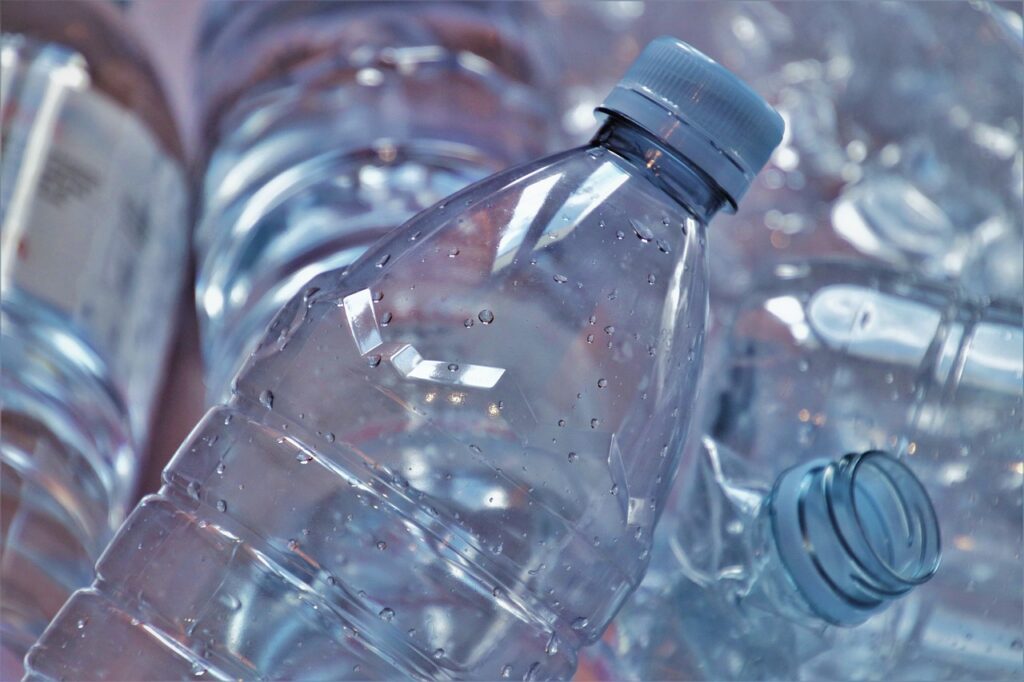
Plastic water bottles are everywhere – at the gym, in our cars, and even on our office desks. While they might seem convenient, these single-use items come with significant hidden costs to our health and the environment. Research has uncovered alarming facts about the impact of plastic water bottles, prompting many to seek eco-friendly and healthier alternatives. Let’s dive into the dangers of plastic water bottles and explore better ways to stay hydrated.
The Health Risks of Plastic Water Bottles
Plastic water bottles are typically made from polyethylene terephthalate (PET), a type of plastic that’s lightweight and durable. However, studies suggest that PET bottles can leach harmful chemicals into the water, especially when exposed to heat or reused multiple times.
- Chemical Leaching: Research shows that plastics can release substances like antimony and bisphenol A (BPA) into water. BPA, a known endocrine disruptor, has been linked to hormonal imbalances, developmental issues, and increased risk of certain cancers.
- Microplastics: A 2018 study by Orb Media revealed that 93% of bottled water tested contained microplastics. Consuming these tiny plastic particles can lead to inflammation, oxidative stress, and potential long-term health concerns.
- Bacterial Growth: Reusing plastic bottles without proper cleaning can lead to bacterial contamination, posing additional health risks.
Environmental Impact
The environmental toll of plastic water bottles is staggering. Here are some eye-opening facts:
- Plastic Waste: Over 60 million plastic bottles are thrown away daily in the U.S. alone. Many end up in landfills or oceans, taking hundreds of years to decompose.
- Carbon Footprint: The production and transportation of bottled water contribute significantly to greenhouse gas emissions. According to the Pacific Institute, producing a single plastic bottle requires three times its volume in water.
- Marine Pollution: Discarded bottles often find their way into oceans, harming marine life. Animals mistake plastic for food, leading to ingestion and death.
Sustainable and Healthier Alternatives
Switching to sustainable alternatives is easier than you might think. Here are some options to consider:
- Reusable Water Bottles: Stainless steel and glass water bottles are excellent choices. They’re durable, non-toxic, and keep your drinks tasting fresh. CIVAGO 32 oz is one the best choices for reusable water bottles https://amzn.to/4jpwAbH (aff) . Civago made from stainless steel. For reusable glass bottles my personal pick is MUKOKO 32oz Glass Water Bottles https://amzn.to/40PRYze (aff).
- Water Filters: Investing in a good water filter allows you to enjoy clean, safe water at home without the need for bottled water. There are several water filtering systems: A) Reverse Osmosis (RO) Filters: These systems remove contaminants such as heavy metals, pesticides, and even microplastics, providing high-quality drinking water. However, they may also strip beneficial minerals, so consider adding a remineralization filter if needed. B) Activated Carbon Filters: Affordable and effective, these filters remove chlorine, sediment, and organic compounds, improving taste and odor. They’re suitable for most households. C) UV Filters: These use ultraviolet light to kill bacteria and viruses, making them ideal for areas with microbiologically unsafe water. Finally, there are D) Gravity-Based Filters: Portable and easy to use, these require no electricity and are great for emergency preparedness or off-grid living. When selecting a filter, consider your water source and specific needs, such as removing lead or improving taste. Look for certifications from organizations like NSF International to ensure quality and performance.
- Hydration Stations: Many public places now offer water refilling stations. Carry your reusable bottle to take advantage of these.
- Plant-Based Bottles: Some companies are producing biodegradable bottles made from plants. While still in their infancy, these are a promising alternative to traditional plastic.
Conclusion
The convenience of plastic water bottles comes at a high cost to both our health and the environment. By making small changes, such as using reusable bottles and supporting sustainable initiatives, we can reduce our reliance on plastic and promote a healthier planet. Next time you reach for a drink, consider the impact of your choice and opt for a more eco-friendly alternative. Your body – and the Earth – will thank you
